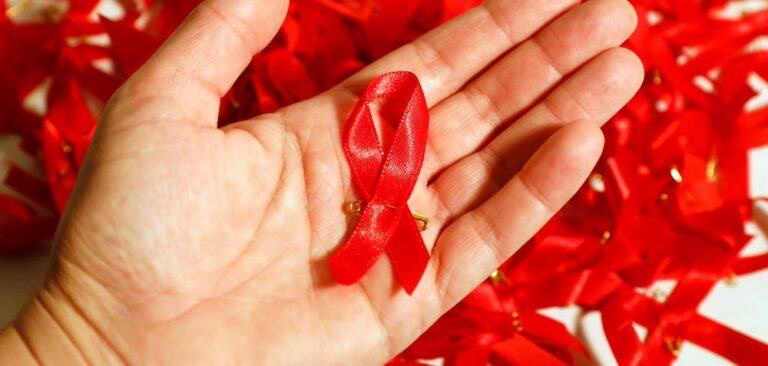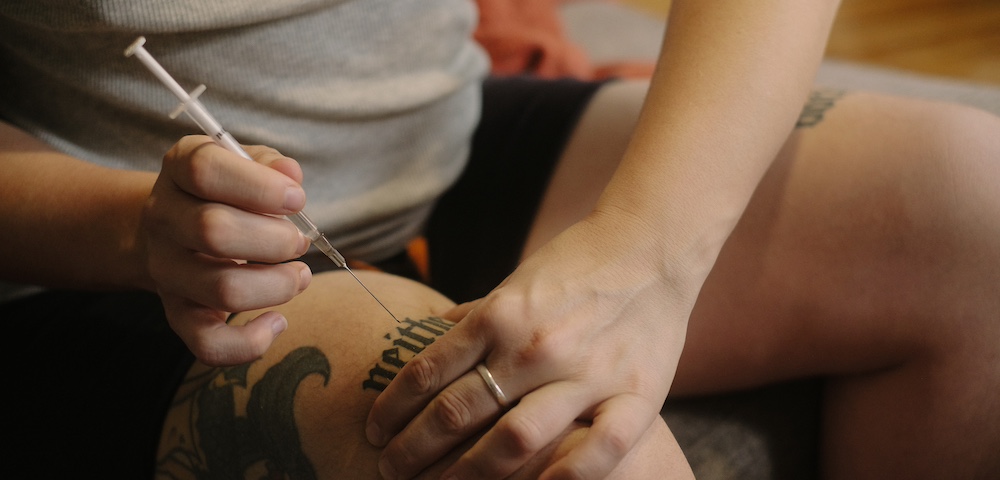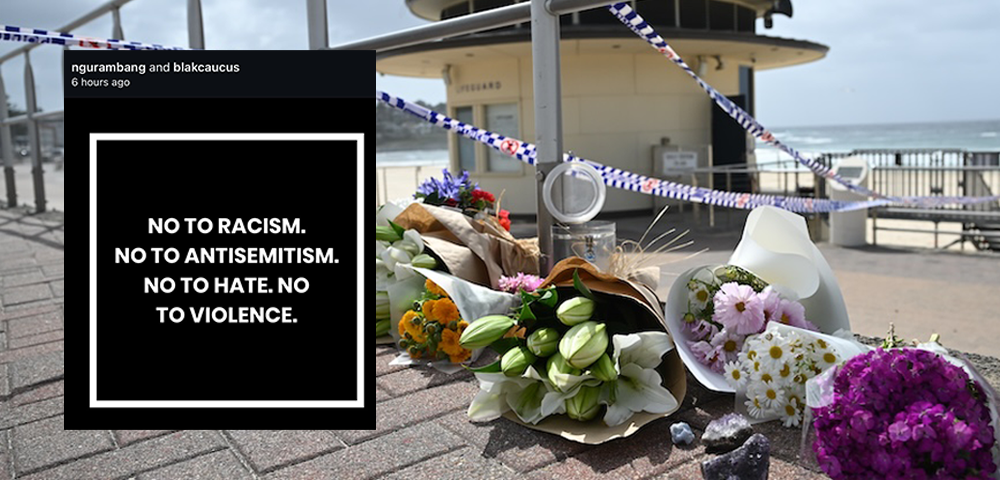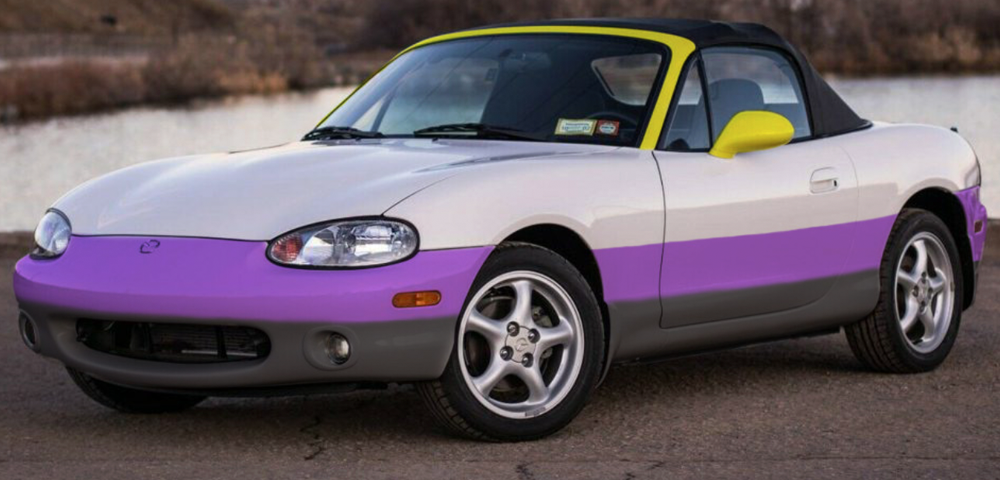Nearly 2 in 3 young queer women report high or very high psychological distress: survey
ACON has released the latest results of the periodic Sydney Women and Sexual Health Survey (SWASH), showing that young LGBTQI women and and non-binary people report high or very high psychological distress a majority of the time.
The survey collected data from nearly 1300 participants in 2018, ranging in age from 16 to 94 years old – with the median age being 34.
One key finding was that 41 per cent of all respondents reported high or very high psychological distress, with this number rising sharply to 62 per cent among respondents aged 16 to 24.
The 2018 results also mark the third year in a row where the number of respondents identifying as lesbian (or gay/dyke/homosexual) has decreased, dropping from 62.4 per cent in 2016’s survey to 55.4 per cent in the most recent survey.
The number of people identifying as bisexual has remained roughly the same, while the number of women and non-binary folks identifying as queer has doubled since 2014.
Around 12 per cent of those who took the survey reported trans and gender diverse experiences, but the report notes that did not conduct separate analyses for cisgender and transgender and gender diverse participants.
The 2018 results show that more LGBTQI women say that they feel very connected to LGBTIQ communities than in the previous two years, despite reported attendance at queer social venues, events or groups in past six months being lower than ever at 72.2 per cent (down from 75.6 per cent in 2016).
The mental health findings returned further alarming statistics, with 31 per cent of participants saying they had felt life was not worth living in the past 12 months, with 14 per cent reporting self-harm.
In terms of health, 55 per cent of respondents of screening age were overdue for a mammogram, aligning with the need expressed in ACON’s recently launched Our United Front campaign to raise awareness of breast cancer risk.
21 per cent said they had never had a Pap smear, while a further 12 per cent had their last Pap smear more than three years ago.
37 per cent of respondents also said they had never had an STI test, despite the vast majority being sexually active.
47 per cent of participants said they had used illicit drugs in the past six months. As with rates of use among queer men in the Kirby Institute’s recent Flux report, this figure is higher than the general population.
ACON Acting CEO Karen Price said the insights into LGBTQ women’s health provided by SWASH is a primary means by which organisations such as ACON can structure and inform its response to segments of LGBTQ communities that are often found out of the reach of mainstream messaging.
“We are very proud of the programs and services we are delivering to meet the health needs of LGBTQ people such as our recently launched breast cancer awareness initiative Our United Front, our cervical screening campaign The Inner Circle and our ongoing peer-led sexual health service, Check OUT Clinic,” Price said.
“These ACON programs and services have all been informed by data collected by previous SWASH studies, along with other aspects of ACON’s work on behalf of, and with LGBTQ women.”
Lead researcher Dr Julie Mooney-Somers said the SWASH survey “provides unparalleled insights”.
“Australian epidemiological data on a range of health issues experienced by LGBTQ women and non-binary people remains inconsistent and the inclusion of properly worded sexuality and gender indicators in large epidemiological surveys remains patchy,” Mooney-Somers said.
“SWASH provides unparalleled insights into the health and wellbeing of LGBTQ women in NSW and such important community-driven research has only been possible through successful partnerships between researchers, community organisations and of course, participants.
“Without community support, SWASH would not be the world’s longest running survey of LGBTQ women and non-binary people’s health.”
The 2018 survey also marked the first time SWASH included regional analysis, collecting data from LGBTQ women and non-binary in the Northern Rivers and Mid North Coast regions of New South Wales, with findings presented in a separate report.
To read the full 2018 SWASH report, click here.
If you or someone close to you is struggling and needs someone to speak to, you can contact one of these services:
Switchboard/QLife: 1800 184 527
Headspace: 1800 650 890
Beyond Blue 1300 224 636
Lifeline: 13 11 14









